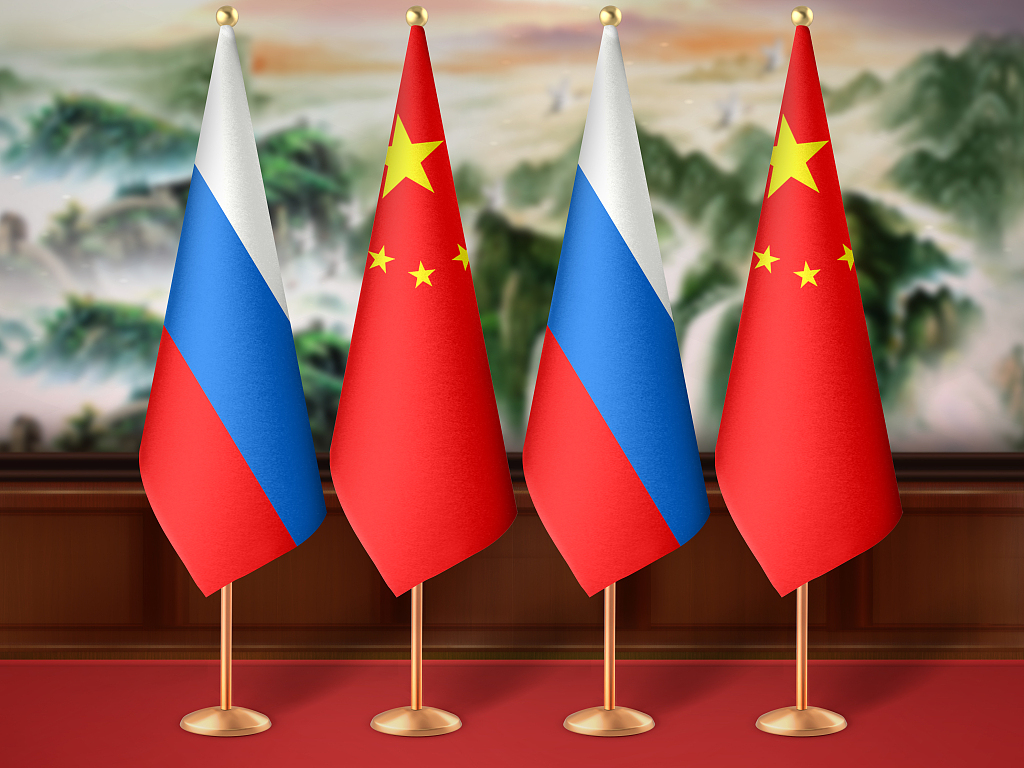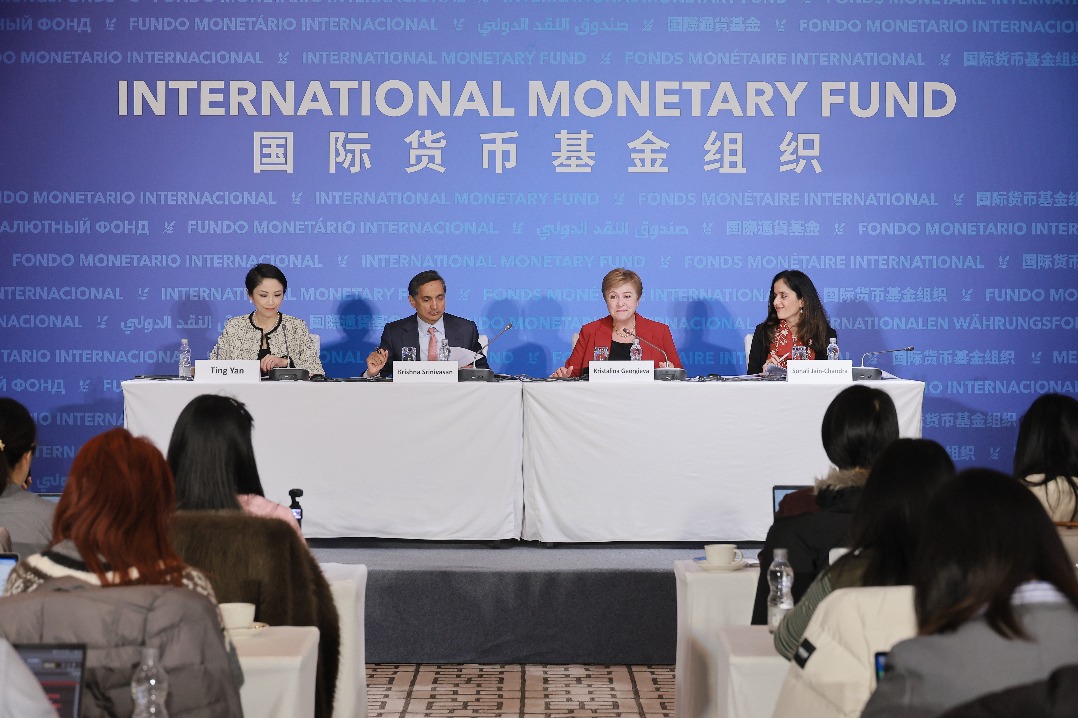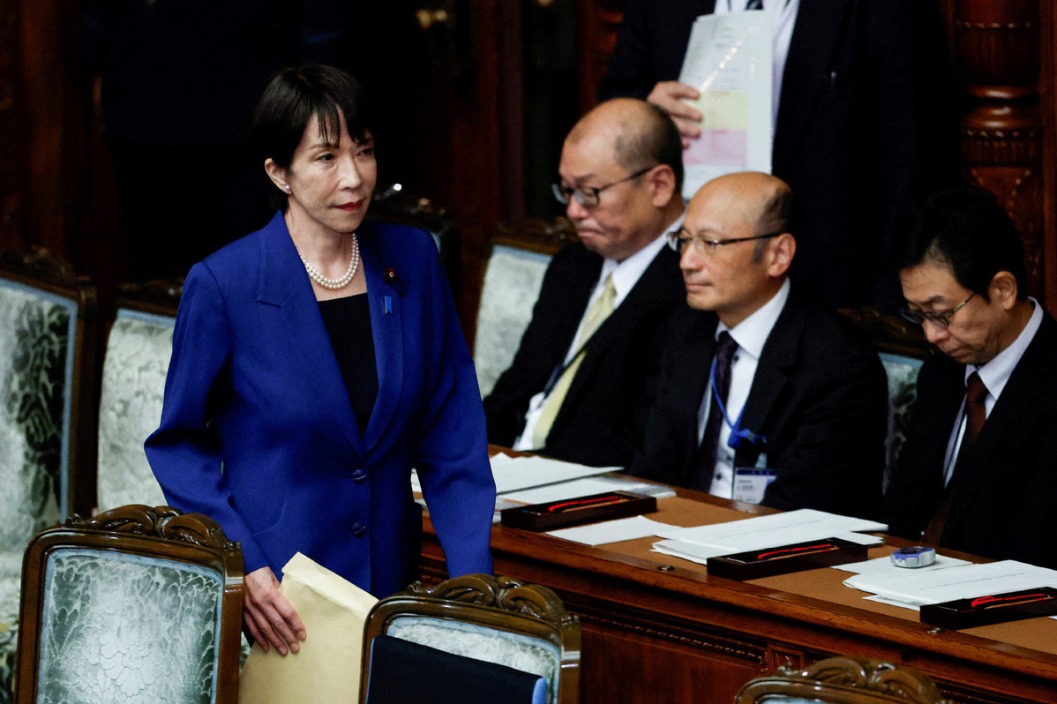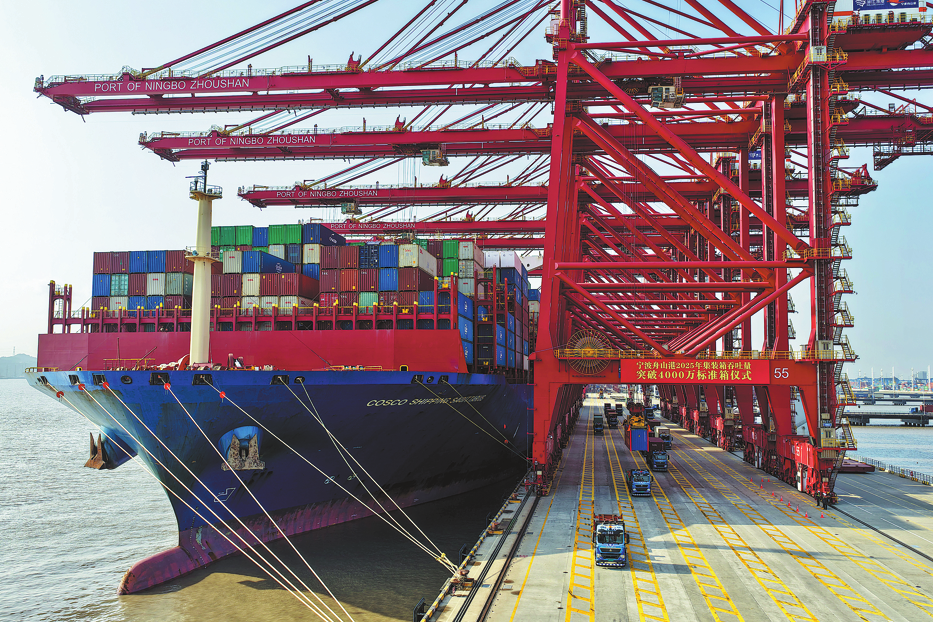China fully justified in normal trade with Russia


China has been criticized for maintaining normal economic and trade relations with Russia after the international community split over the Russia-Ukraine conflict. Normal economic and trade relations based on people’s survival and development needs are what drive the overall relations between two countries. True, economic and trade relations overlap political relations. But it is unethical, immoral and diplomatically reprehensible to disrupt or damage the economic and trade ties between two countries for narrow political gains.
The United States and its allies used the Russia-Ukraine conflict as a pretext to announce severe economic sanctions against Russia. But despite creating difficulties for the Russian people and government, the sanctions have not caused the collapse of Russia, as the US-led West had hoped. That is because Russia has abundant energy and food grains, and sufficient forest and other agricultural products, as well as enough livestock and aquatic products. Also, it has implemented beneficial policies for the people in the most important areas of life including as education and medical care. No wonder Russia’s GDP grew by 3.6 percent in 2023 even in the face of domestic economic constraints and external economic and political pressure.
China and Russia have maintained normal economic and trade cooperation, mainly to improve the livelihoods of the nearly 1.6 billion people on both sides.
When it comes to the Russia-Ukraine conflict, China, right from the beginning, has adopted an impartial stance, while trying to broker peace between Moscow and Kyiv. Yet the US has been taking measures to curb China-Russia economic exchanges, claiming that China’s economic and trade exchanges are helping Russia in the conflict.
On May 1, the US announced a new round of sanctions against individuals and other entities doing business with or operating in Russia, including more than a dozen Chinese entities. It was another act of frustration and politicization of economic and trade activities.
As major countries and permanent members of the United Nations Security Council, China and Russia have forged a new type of major-country relationship that differs from the obsolete Cold War approach — it is different from the “brotherhood” between China and the Soviet Union in the past and the US-led “alliances” of the present.
On the basis of non-alliance, non-confrontation and non-targeting of any third party, Beijing and Moscow seek to establish lasting friendship and deepen their comprehensive strategic coordination. It is common interests, similar goals and closer understanding of the global situation, not ideology or socialist system, that have brought China and Russia closer.
Both China and Russia are pursuing development in order to realize national rejuvenation. Both countries are in transition and implementing reforms so they can boost relations with the international community, make their production systems more efficient, sharpen their competitive edge in the field of science and technology, and improve governance, so as to ensure the people lead a better life.
The two countries respect each other’s choice of development path and prevent ideology from influencing or souring bilateral ties, while managing their differences and disagreements through consultation on an equal footing. The new type of China-Russia relations have been inscribed in the Treaty of Good-Neighborliness and Friendly Cooperation which established the idea of “ever-lasting friendship and never becoming enemies”.
The spirit of equality, mutual trust, inclusiveness, mutual learning, cooperation and mutual benefit that marks the China-Russia comprehensive strategic partnership should be equally applicable to all countries. Fairness, rationality and equality form the basis of Sino-Russian economic and trade relations, and there no place for discrimination in this relationship.
China’s stance on relations with other countries was emphatically reiterated by the Chinese leader during his recent visit to France. While during the China-France meeting, the two sides agreed to uphold multilateralism, promote free trade and economic globalization, and deepen cooperation in emerging areas such as the green energy, green consumption, and scientific and technological innovations, at the trilateral meeting with French President Emmanuel Macron and European Commission President Ursula von der Leyen on May 6, the Chinese leader said China regards the European Union as an important partner and “hopes that the EU institutions develop the right perception of China and adopt a positive China policy”.
In other words, countries should respect each other’s core interests and major concerns, and realize that there are no winners in zero-sum games. They should also understand that “decoupling” and “de-risking” will only bring harm to the stakeholders, and for the survival and development of humankind, all countries to maintain a just and reasonable economic and trade order.
The author is a professor at the China Center for Contemporary World Studies.
The views don’t necessarily represent those of China Daily.


































